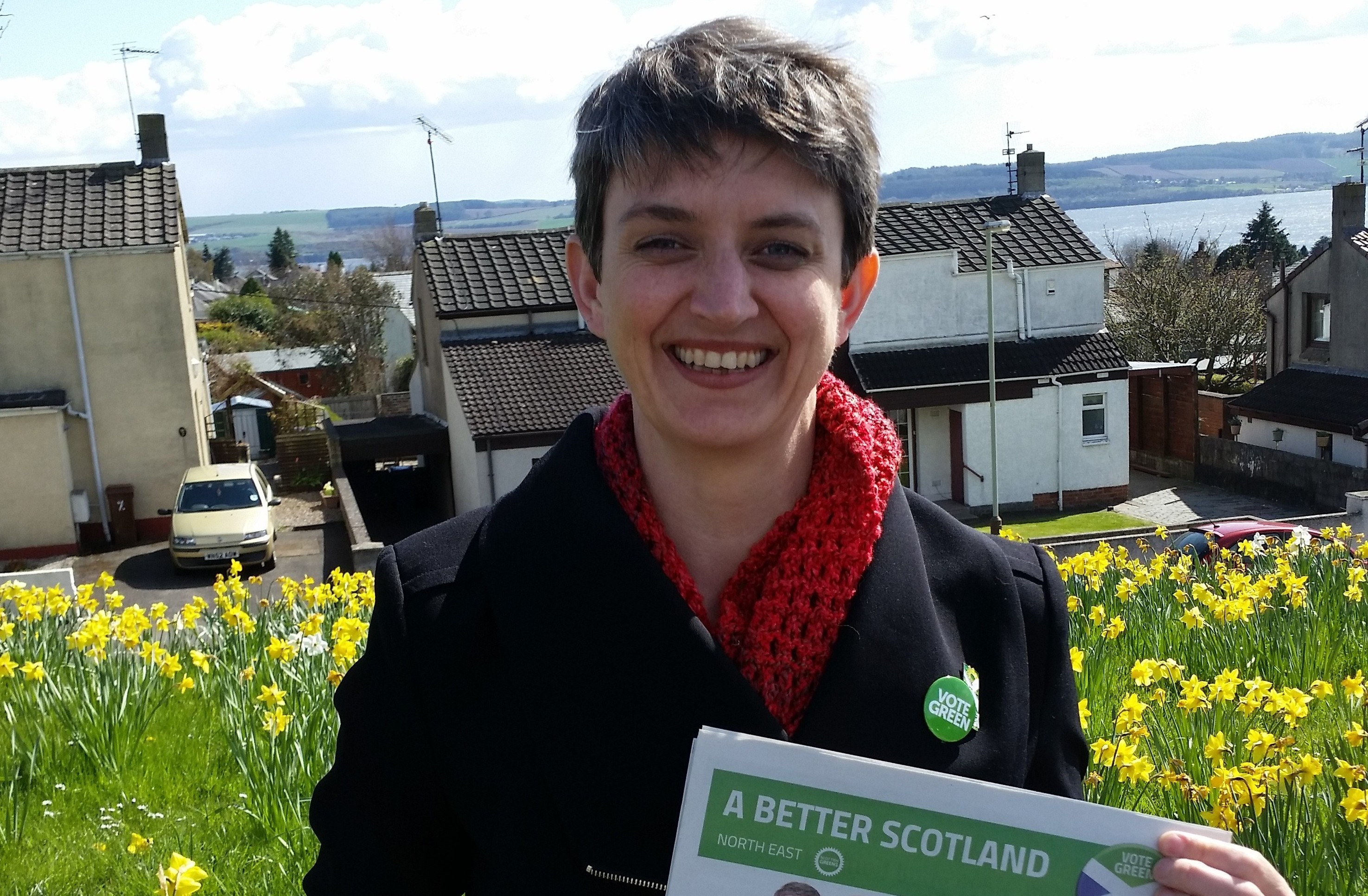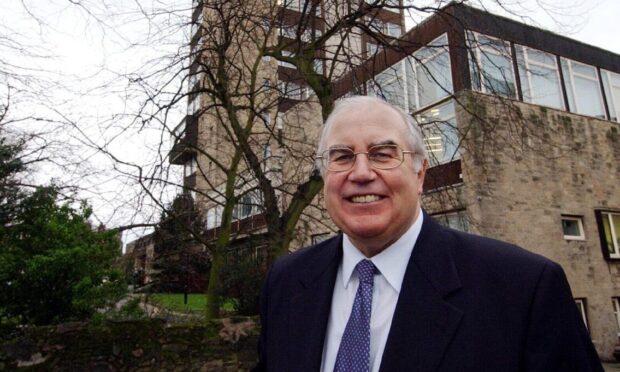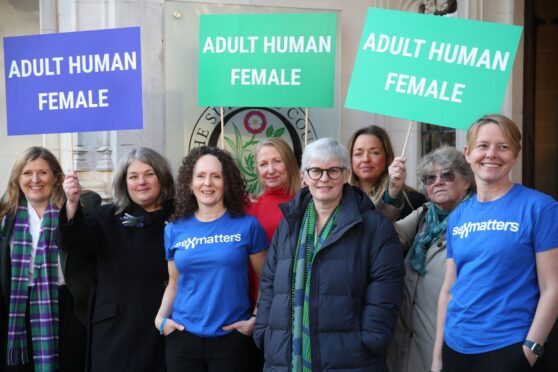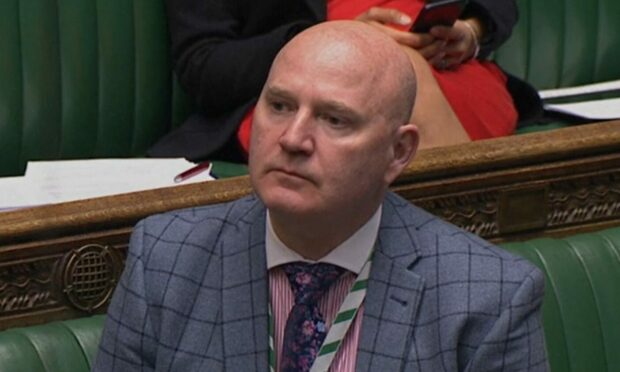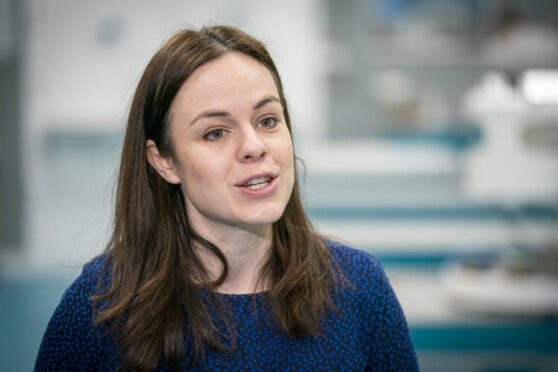In the first part of a pre-election mini-series, Michael Alexander meets the Dundee-based co-convener of the Scottish Green Party, Maggie Chapman, who is top of the Greens’ North East of Scotland regional list and has ambitions to be Scotland’s “first participative MSP”.
Politics need a good shake-up, according to Maggie Chapman, and she wants to do the shaking!
For too long politicians have become part of institutions, the 36-year-old says.
Now the strong advocate of participatory democracy believes MSPs need to change parliament – not be changed by parliament – and she has ambitions to make this happen if elected to Holyrood on May 5.
“I want Scotland to be more democratic, more confident, more equal,“ she tells The Courier during a break from campaigning in Dundee.
“I think the referendum campaign has set up huge expectations of what Scotland can be. We need a Parliament that supports that expectation. I want more involvement in politics, more vision about how we can be better, more change and no more excuses about how we can’t do things.”
Maggie is undaunted by radical change. She has, after all, been defying the odds since birth. As a baby she became part of cardiology history in South Africa when she had open heart surgery in Johannesburg. To this day, she sometimes sets off metal detectors in airports and other buildings because of the staples in her sternum!
But it was her experiences of growing up in Zimbabwe – a country scarred by inequality and racism – and her parents’ experiences of living in Apartheid South Africa before she was born, that gave her a desire to change things.
“My mum was a nurse – a theatre sister – in South Africa and was one of the few white midwifes to go into the townships to deliver black babies, “she explains, her soft southern African accent still audible after 18 years of living in Scotland.
“Dad’s passion was music. It didn’t matter what race or ethnicity a musician was. He simply wanted to work with the best musicians – irrespective of their skin colour – but he came up against institutional racism because of that.”
Maggie’s parents moved from South Africa to what was then Rhodesia in 1978 when her dad was offered a job as director at the college of music there.
“Everyone thought they were mad!” she laughs. “It was a time when a lot of white Rhodesians were leaving the country. But they were unfazed, and I was born in Zimbabwe in 1979 just before independence.”
The youngest of two daughters, who enjoyed a “happy and somewhat privileged childhood”, in a mixed-race school, Maggie’s earliest political memories are steeped in living in a frontline state, as the liberation war – the Chimurenga – came to an end.
But her first direct participation in politics came when she moved to Scotland to study zoology at Edinburgh University, followed by a masters’ in environmental management at Stirling University.
Falling in love with Scotland’s great outdoors – but disappointed that Scotland seemed to get much less snow than she anticipated! – she became involved with several left-leaning societies at university, with particular interests in how people interacted with the planet.
“I had a deep sense that division on the basis of race was profoundly wrong and so counter-productive to any kind of cohesive society, “she explains.
It was the 2003 war in Iraq, however, that attracted her to the Scottish Greens’ vision of “peace and international diplomacy”.
“I was appalled at what Tony Blair’s government had done and was attracted by a ‘leftie’ party that saw how everything in the world fitted together, “she says. “I saw how you couldn’t have environmental justice without having social and economic justice.”
In 2007 she was elected as a Green councillor for the Leith Walk ward on Edinburgh City Council, during which time she was a lecturer in cultural geography at Edinburgh Napier University for more than eight years.
A keen folk singer, she is currently co-convener of the Scottish Green Party and rector of Aberdeen University. Having moved to Dundee last summer, she has been working for Amina – the Muslim Women’s Resource Centre in Dundee managing their helpline and development and refugee support projects.
With the North East Scotland region covering a vast area from Dundee to the depths of rural Aberdeenshire, she admits it’s been a challenge to visit every community in the area.
However, what she has noticed is common threads of concern amongst the populace. In Dundee, housing, jobs and education tend to be the main issues raised whilst in Aberdeen she wants the government to do more to strategically plan for an “inevitable” post-oil industry future.
“We need to find a way to make the economy work for the people of Scotland rather than the people working for the economy, and to find a way to stand together against cuts, “adds the pro-independence campaigner who is against the “division” of nationalism and against “where nationalism leads”.
“If elected I want to bring the voices of people, of ordinary folk, into politics in a way that they haven’t been enabled in the past. I want to use those voices to really deliver the transformation that we need in jobs, housing and sustainable futures for our young people.
“We are in a moment of great uncertainty and change, where it is clear that the orthodoxy of the 1990s and 2000s no longer works for us. But we haven’t yet got to grips with exactly what replaces that. It is very daunting, but also very exciting.”
- In addition to the Scottish Greens, the North East Scotland region also has candidates standing from the Communist Party of Britain; Rise – Respect, Independence, Socialism and Environmentalism; Scottish Christian Party; Scottish Conservative and Unionist Party; Scottish Labour Party; Scottish Liberal Democrats; Scottish Libertarian Party; Scottish National Front; Scottish National Party (SNP); Solidarity – Scotland’s Socialist Movement; and the UK Independent Party (UKIP).
